Kiddy British nursery follows the Early Years Foundation Stage (EYFS). The EYFS is divided into 7 areas of learning and development which are:

Staff must build children's language effectively. Reading frequently to children, and engaging them actively in stories, non-fiction, rhymes and poems, and then providing them with extensive opportunities to use and embed new words in a range of contexts. Through conversation, story-telling and role play, where children share their ideas with support and modelling from their teacher, and sensitive questioning that invites them to elaborate, children become comfortable using a rich range of vocabulary and language structures.
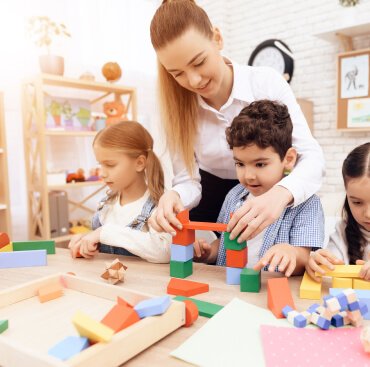
Physical activity is vital in children’s all-round development, enabling them to pursue happy, healthy and active. Gross and fine motor experiences develop incrementally throughout early childhood, starting with sensory explorations and the development of a child’s strength, co-ordination and positional awareness, crawling and play movement with both objects and adults. By creating games and providing opportunities for play both indoors and outdoors, staff can support children to develop their core strength, stability, balance, spatial awareness, co-ordination and agility. Gross motor skills provide the foundation for developing healthy bodies and social and emotional well-being. Fine motor control and precision helps with hand-eye co-ordination, which is later linked to early literacy.
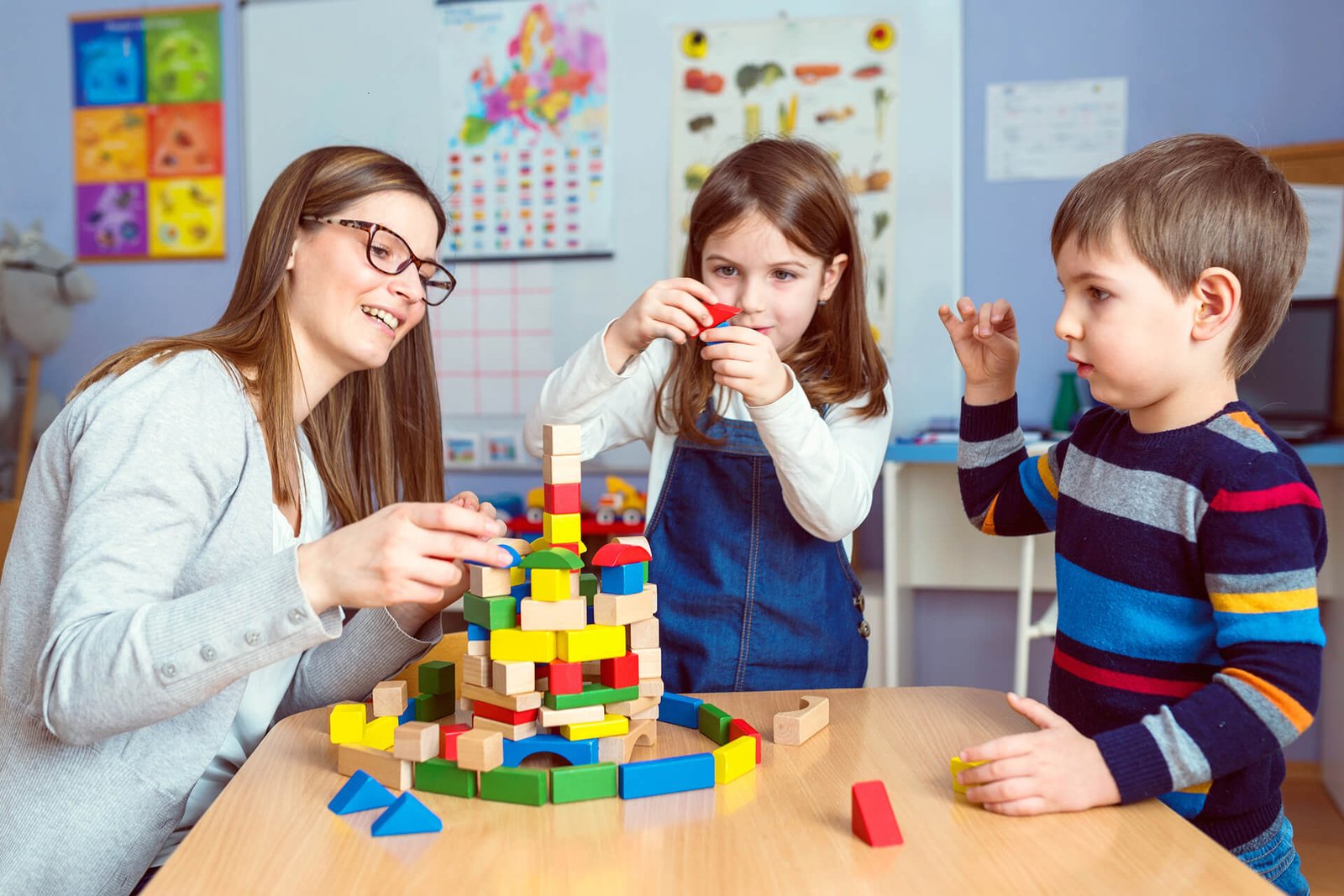
Staff must help children to build a strong relationship with adults enable children to learn how to understand their own feelings and those of others. Children should be supported to manage emotions, develop a positive sense of self, set themselves simple goals, have confidence in their own abilities, to persist and wait for what they want and direct attention as necessary
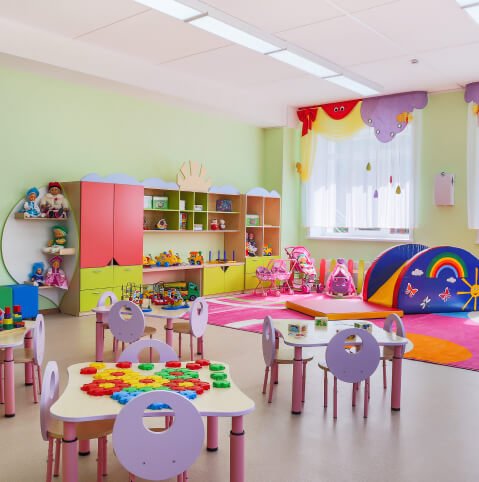
It is crucial for children to develop a life-long love of reading. Reading consists of two dimensions: language comprehension and word reading. Language comprehension (necessary for both reading and writing) starts from birth. Staff must talk with children about the world around them and the books (stories and non-fiction) they read with them, and enjoy rhymes, poems and songs together. Writing involves transcription (spelling and handwriting) and composition (articulating ideas and structuring them in speech, before writing).
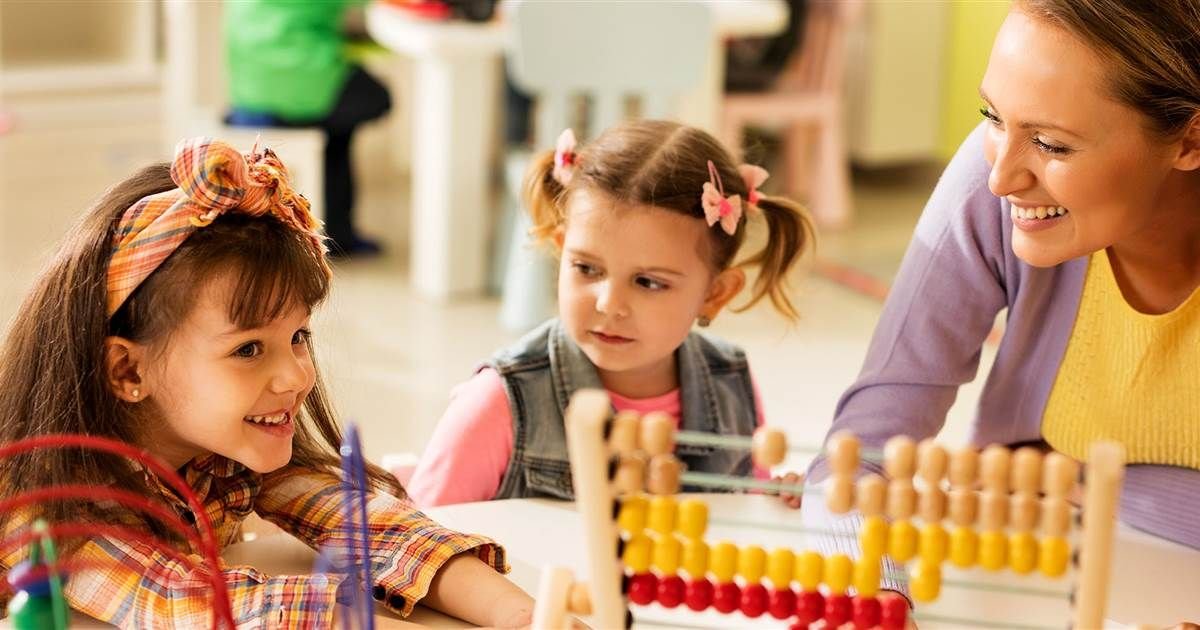
include greater clarity to counting and comparing quantities. Learning goals focus on number and numerical patterns. Activities can focus on shape, space and measures.

involves guiding children to make sense of their physical world and their community. The frequency and range of children’s personal experiences increases their knowledge and sense of the world around them. Trips is important to let children meet important members of society such as police officers, nurses and firefighters. In addition, listening to a broad selection of stories, non-fiction, rhymes and poems will foster their understanding of our culturally, socially, technologically and ecologically diverse world. As well as building important knowledge, this extends their familiarity with words that support understanding across domains.

The development of children’s artistic and cultural awareness supports their imagination and creativity. It is important that children have regular opportunities to engage with the arts, enabling them to explore and play with a wide range of media and materials. The quality and variety of what children see, hear and participate in is crucial for developing their understanding, self-expression, vocabulary and ability to communicate through the arts. The frequency, repetition and depth of their experiences are fundamental to their progress in interpreting and appreciating what they hear, respond to and observe.
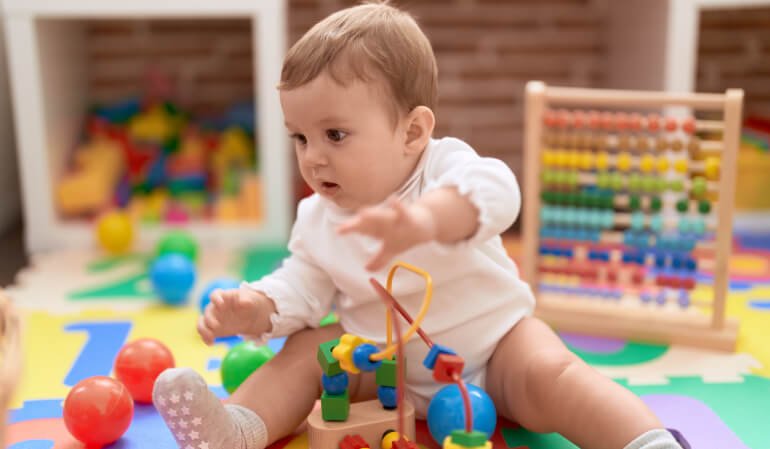
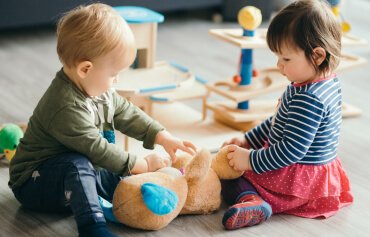
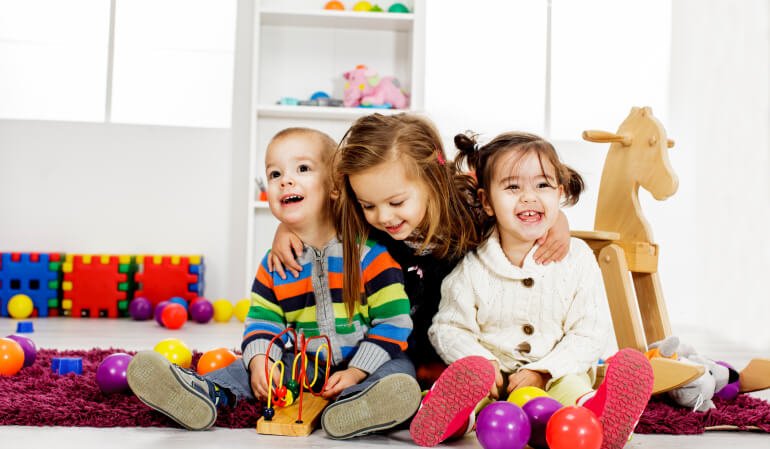

At Kiddy British Nursery we are seeking to provide for all children the opportunity to have a wide range of experiences through activities. We also provide a range of additional enrichment activities to support each child's needs. Curriculum:
a) National anthem and morning exercise is the right start for a day full of happiness and energy.
b) We have a balance of child-Initiated Activities and Adult-led Activities in our daily schedule.
c) Every Tuesday is Sports day and we celebrate the international sports day.
d) Gardening activities is essential during the weekly activities. Through gardening, children actively explore and discover the natural world around them.
e) Daily Music and Movement Classes. Music lessons in a group setting also help to develop social and emotional skills.
f) Every Thursday is a party day and we celebrate the theme of the week.
g) Every Friday is the Islamic day we have Quran and good manners classes.
Our qualified supervisors along with nannies extend the normal day curriculum up to 6pm. We can run a variety of timetabled activities every afternoon to accommodate all the different age groups as well as focusing on the children’s learning and development skills. We can run different afternoon clubs in the future. During the extended care timing, we are developing children Fitness/Sports provision. Our music class is designed to build on a child’s natural love of music and movement. It is a fun and lovely introduction to different styles of music. Areas of child development we are focusing on during the Extended care Curriculum
Kiddy British nursery is following the British international curriculum, the main language of instructions and communication is English. Arabic language is also taught (along with Quran) and used for communication with parents, visitors, and so on, purposes as our client base are mainly UAE nationals. Below are the theoretical perspectives we put into practice in our setting when it comes to speech, language and communication.